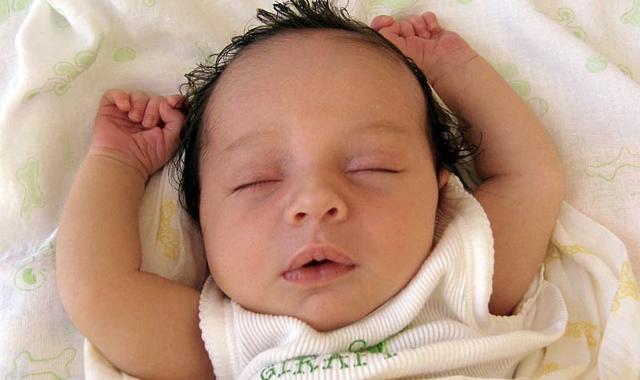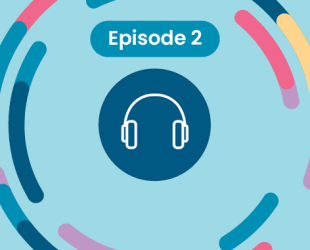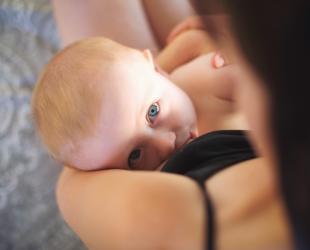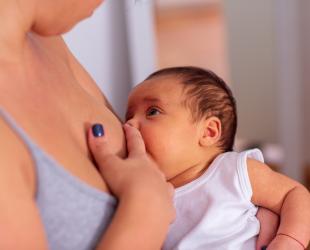Wondering if you should wake your baby or let them sleep? Here’s what to consider.

Newborns can be very sleepy, and it’s common for parents to wonder if they should wake their baby for a feed or let them stay sleeping.
This question can come up not just in the early days, but also as babies get older, especially if your baby sleeps for long stretches or seems hard to wake.
Should I wake my baby?
Whether you need to wake your baby can depend on a few important factors. Consider waking your baby if:
- Your baby isn't feeding enough
Little babies need to feed very often, at least 8 times in 24 hours, including overnight. If your newborn sleeps for long periods, you may need to wake them so they’re able to have enough feeds. - Your baby needs extra feeds for weight gain
If your baby isn’t gaining weight and you need to add more feeds, you might need to wake your baby more often. This gives them more chances to feed and helps build your supply. - Your breasts are overfull and uncomfortable
If your breasts feel very full, you might want to wake your baby a little earlier than usual for a feed, to relieve the discomfort.
If none of the above apply – baby feeds a lot, is gaining weight and your breasts are comfortable – it’s probably okay to let them sleep a little longer.
If you’re ever unsure, or if your baby is very sleepy or hard to wake, check with your doctor or child health nurse.
How to gently wake your baby
To wake your baby for a feed, here are some tips.
- Take off a layer of clothing from your baby or undress them.
- Change their nappy.
- Hold your baby skin-to-skin, gently rub their back, feet or hands.
- Hold your baby facing you and talk softly.
- Gently stroke or blow on their face.
- Stay in a dimly lit room so your baby feels comfortable opening their eyes.
- Try a more upright feeding position.
- Hand express a little breastmilk onto your baby’s face near their mouth.
Helping your sleepy baby feed
Newborns often fall asleep during feeds. Here are some ways to help them keep feeding:
- Switch breasts when your baby’s sucking slows or they get sleepy.
- Take your baby off, wake them gently and offer the other side.
- Gently rubbing the palm of your baby’s hand can trigger the Babkin reflex. This helps them open their mouth and may encourage them to start sucking again.
- Breast compressions can help your baby get more milk at the breast. When their sucking slows or stops, compressions increase the flow of breastmilk and encourage your baby to suck and swallow.
When to seek help
Watch for signs your baby is getting enough milk: lots of wet nappies, regular poos and increasing alertness. Some babies are very sleepy for medical reasons like jaundice, infection or heart problems, though your baby will likely be checked for these conditions by your hospital, midwife or child health nurse. Sometimes pain relief medication used during the birth is still having an effect. If you’re worried about your baby's behaviour, check with your doctor.
© Australian Breastfeeding Association October 2025



